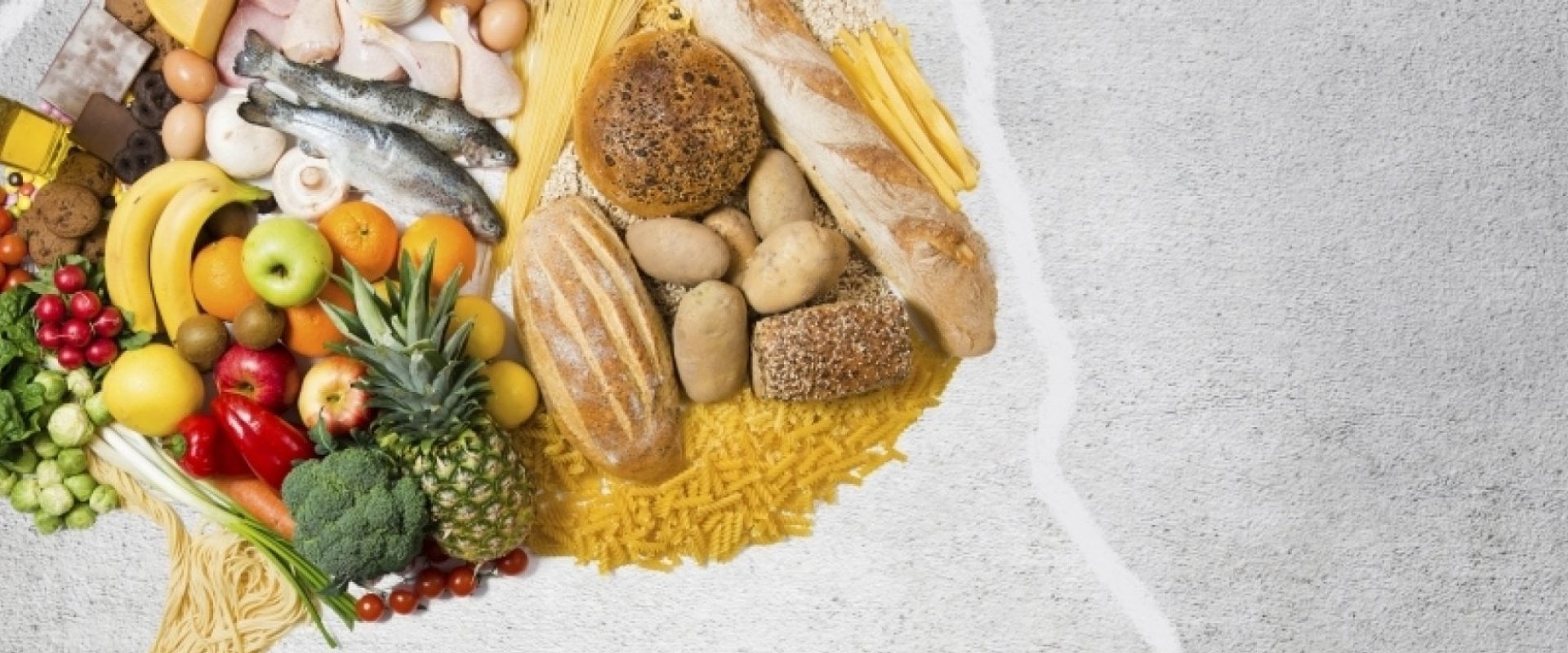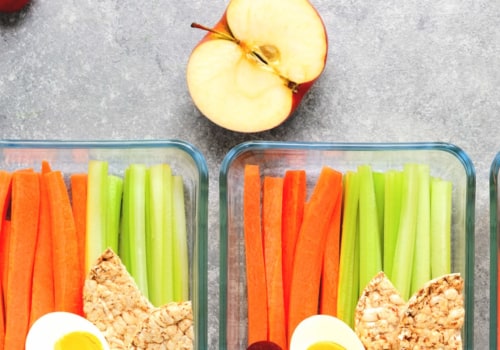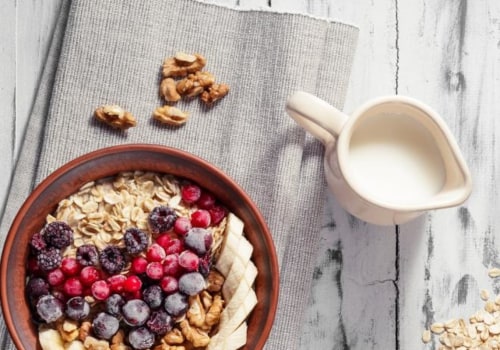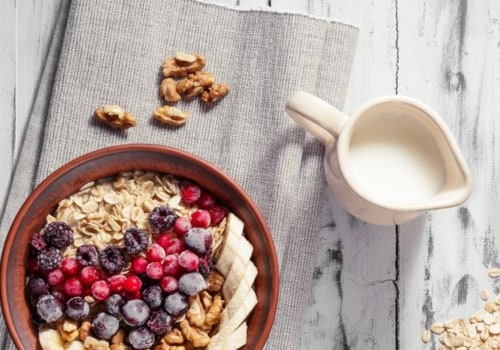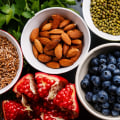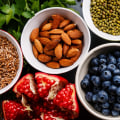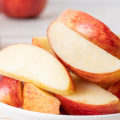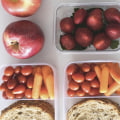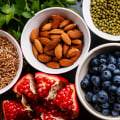Drink 8 to 12 cups of water a day, dark green vegetables. Eat dark green vegetables at least three to four times a week. Eat whole grains at least two or three times a day. Try to eat a bean-based meal at least once a week.
According to the World Health Organization, unhealthy diets are among the leading causes of non-communicable diseases, including cardiovascular disease, type 2 diabetes and cancer. As you get older, eating may become more of a chore than a fun part of the day. Whether you have difficulty chewing, an upset stomach, lack of energy, or dry mouth, there are ways you and your family can bring light back to the kitchen. Focusing on increasing your intake of specific nutrients and proteins is the best way to supplement the supplements you're taking.
Here's a list of the seven best foods you should keep in your diet as you get older. Eggs contain a powerful protein supply and are high in vitamin B12, which increases energy. They're soft if you or your loved one is having trouble chewing and have enough natural moisture to help people with dry mouth. If you're concerned about cholesterol, try eating a regular egg and supplementing it with egg whites.
Greek yogurt is rich in calcium with half the sugar and sodium content found in regular fat-free plain yogurt. Greek yogurt is another great source of protein, especially for vegetarians. Yogurt wets the pallet and falls apart easily for people with dry mouths. Don't you like the simple taste? Try adding agave nectar and berries for an organic option packed with antioxidants.
Healthy grains are a great way to add dietary fiber to your eating plan. Not only is fiber important for a healthy digestive system, but these wheat alternatives also contain natural sources of vitamin B-1, manganese, and essential fatty acids. Quinoa and brown rice are great accompaniments for a full lunch or dinner, mixed with a salad or on their own. Flax seeds can be added to almost any recipe or mixed into a smoothie.
Blueberries, raspberries, and blackberries are great sources of antioxidants. Colour-rich fruits can help lower blood pressure, increase fiber intake and promote health for people with diabetes. Berries are great to add to a salad, over yogurt or steel-cut oatmeal, or blended into a smoothie. Fatty fish, including salmon, are a rich source of Omega 3.Omega-3s contain countless health benefits that are essential to a healthy diet for older people.
In addition to improving heart health, omegas are known to help reduce the effects of rheumatoid arthritis, increase bone density to prevent osteoporosis, and prevent the risk of memory loss with dementia and Alzheimer's. Baked or grilled salmon is easy to prepare and goes very well with a variety of side dishes, salads and cereals to make it suitable for all seasons. While aging can bring complications with some of our favorite hobbies, getting older doesn't have to affect the way we eat. Following a well-planned and balanced diet can reduce the risk of bone loss, stroke, heart disease, type 2 diabetes and some types of cancer.
Ensuring that our food selections are rich in vitamins and come from natural, organic sources will not only appease the palate, but will also add nutrients that are essential for increasing energy and contributing to longevity. However, overcooking broccoli can destroy many of its key nutrients. For this reason, it is best to eat it raw or lightly steamed. In 1997, the Food and Drug Administration (FDA) agreed that foods with high levels of rolled oats or oat bran could include data on the label about their cardiovascular health benefits as part of a low-fat diet.
.
